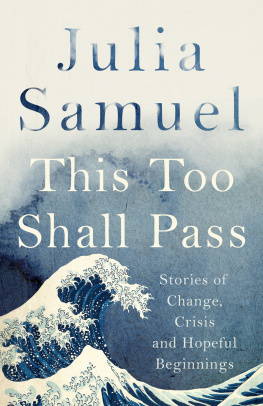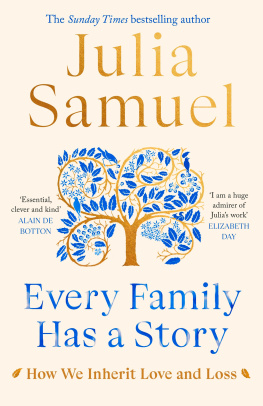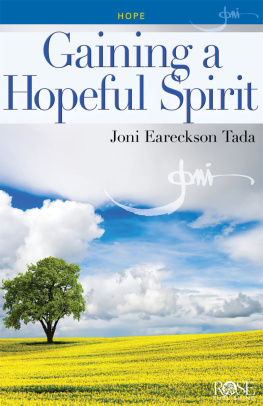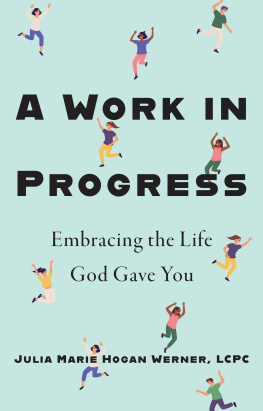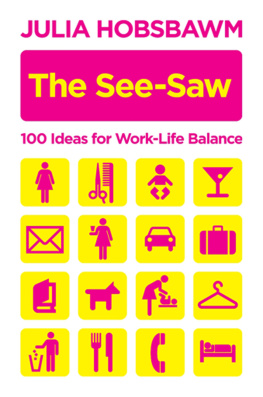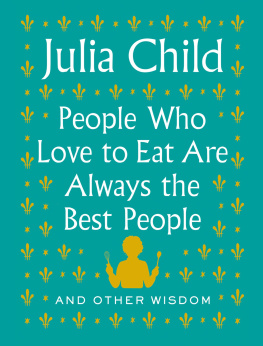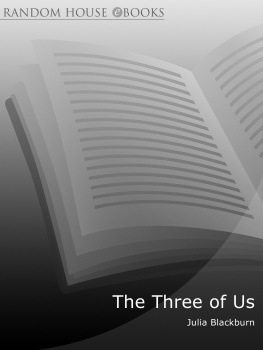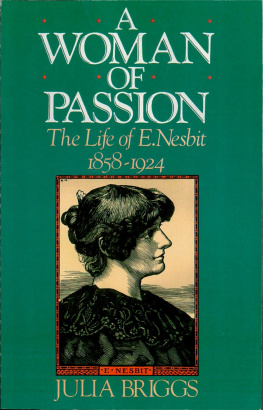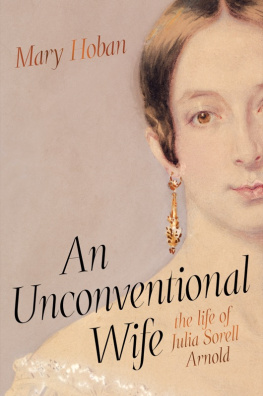This Too Shall Pass
Praise for Grief Works:
A profoundly moving book by an extraordinary storyteller Samuel describes her patients stories of loss with great sensitivity and fascinating psychological insight Essential Helen Fielding, bestselling author of Bridget Joness Diary
A wonderfully important and transforming book lucid, consoling and wise William Boyd, bestselling author of Sweet Caress
Brilliant Mariella Frostrup
What an amazing book! Intelligent, empathetic, modest, funny, and learned an amazing feat Rabbi Julia Neuberger
Samuel turns out to be a remarkable writer. What is impressive is that such harrowing material should result in such a readable book Oldie
Fascinating. A wise and compassionate book full of insight and understanding I am so glad this book exists Cathy Rentzenbrink, author of The Last Act of Love
Through the inspirational stories of those many people she has helped Julia Samuel dissipates fear and demonstrates the extraordinary resilience of humankind Juliet Nicolson, author of A House Full of Daughters
The stories of Julias clients are set out with such eloquence, sensitivity and insight and I learned something from each one of them I dont often read a book which offers such direct and generous support Helen Dunmore, author of Birdcage Walk
This book is self-help at its most philosophical, practical and profound Anyone who has every struggled with the obscure, muddled, vulnerable, uncertain, fearful, elemental process of bereavement, or facing their own mortality, should find this book of help Helen Davies, Sunday Times
Julia Samuel
THIS TOO SHALL PASS
Stories of Change, Crisis and Hopeful Beginnings

PENGUIN BOOKS
UK | USA | Canada | Ireland | Australia
India | New Zealand | South Africa
Penguin Books is part of the Penguin Random House group of companies whose addresses can be found at global.penguinrandomhouse.com.

First published 2020
Copyright Julia Samuel, 2020
The moral right of the author has been asserted
Cover illustration: Katsushika Hokusai (1760-1849), The Great Wave off Kanagawa Metropolitan Museum of Art, New York, USA/Bridgeman Images
This book is based on true events, but all persons appearing in the book are either fictitious or have had their names and identifying characteristics changed to protect their privacy. Any resemblance to real people, living or dead, is entirely coincidental.
ISBN: 978-0-241-98391-1
This ebook is copyright material and must not be copied, reproduced, transferred, distributed, leased, licensed or publicly performed or used in any way except as specifically permitted in writing by the publishers, as allowed under the terms and conditions under which it was purchased or as strictly permitted by applicable copyright law. Any unauthorized distribution or use of this text may be a direct infringement of the authors and publishers rights and those responsible may be liable in law accordingly.
This book is dedicated to Michael, Natasha, Emily, Sophie and Benjamin with all my love, always
Everything flows and nothing abides, everything gives way and nothing stays fixed. Heraclitus
An early English citation of this too shall pass appears in 1848:
When an Eastern sage was desired by his sultan to inscribe on a ring the sentiment which, amidst the perpetual change of human affairs, was most descriptive of their real tendency, he engraved on it the words: And this, too, shall pass away.
Introduction
I remember lying in bed on my tenth birthday when, having reached the inexorable heights of double digits, adulthood seemed tantalizingly close. I imagined that my life would be exactly as my mothers: I would meet a man, fall in love, marry, have children and instantly be grown up. It seemed straightforward. It would just happen. On the face of it, that is how my life has unfolded. I have been unusually lucky. But it doesnt account for the losses, the living losses that forced me to change internally to adapt to them, the consequent transitions I have made: the five different marriages Ive had (all with the same man), the multiple relationships I have had with each of my children, the distress and powerlessness in the face of ill-health, for me and those I love, all the endings and beginnings, my unsuccessful enterprises with their striving and failing. Even the wins were never quite what I imagined and required adjustment. There is no perfect way to live a life. Life is change. We know this in theory, but the experience of it is often more complex than we expect, and we are left fearful, even paralysed. Then we assume we must be doing it wrong.
Change is an active process that demands commitment and endurance, and requires us to look at uncomfortable truths. We underestimate how much we will change over even the next ten years, let alone our lifetime. If we truly thought about the impact of some of the choices we made, would we still make them? Probably not. Unfortunately, change is for the bad as well as the good. When life sucks, we say, This too shall pass, and hopefully it does but heres the hitch: when life is good, it, too, inevitably, will pass. The difficult truth we must face is that only death stops life changing.
One thing is certain: we need to adapt in order to grow through that change. The research is robust: those who try to remain rigidly the same are more likely to suffer when change is forced on them; it will limit their capacity for joy in life and even success. This calls for courage. Everybody wants to avoid discomfort and nobody welcomes the heartache change can bring. Time and again, I have witnessed the limitless creative ways in which we anaesthetize pain, but trying to avoid unhappiness means it will last longer. Pain is the agent of change: if we build walls around it, it remains untouched and alive inside us, slowly contaminating our other feelings. It is in the movement between the poles of the past and the future that we adapt. Our innate drive to get on is profoundly powerful, yet we need to slow down, to give ourselves space between our old and new selves. In therapy, we call this a fertile void, a time of not knowing, a neutral zone of uncertainty that is uncomfortable or even crazy-making. When we block it, the same problems may reoccur in every phase of life. If we accept the pain of change, and learn how to adapt, we will have the energy and confidence to take the next step.
Since Darwin developed his theory of natural selection, we have understood that we are wired to adapt. At its most extreme this means we change or we die. I have written this book to examine that process of change for people through the course of a life. The phases of life that we usually find most difficult are those that bring with them fear and uncertainty: emerging into adulthood from university, settling down and having children, entering the menopause in middle age, retiring and facing old age with its accompanying health issues. I have explored the particular experiences of individuals who are going through those transitions while in therapy with me. The stories of my clients show that even the most robust people can find change difficult. The thread that connects them, whatever their age or circumstance, is that each person had to work on themselves actively to understand their unique response to change, and develop the necessary coping mechanisms. But if change is part of the natural order of things, why do so many of us feel ill-equipped to deal with it?

